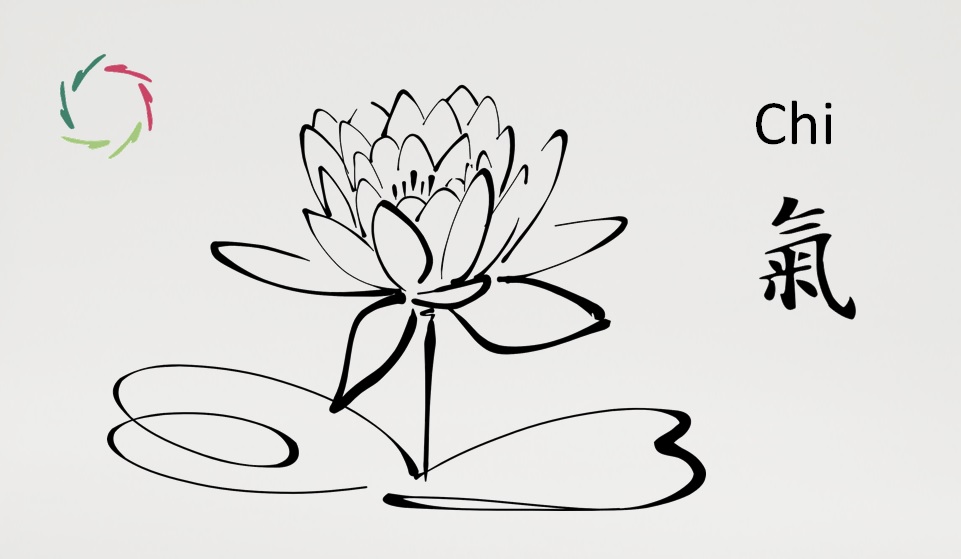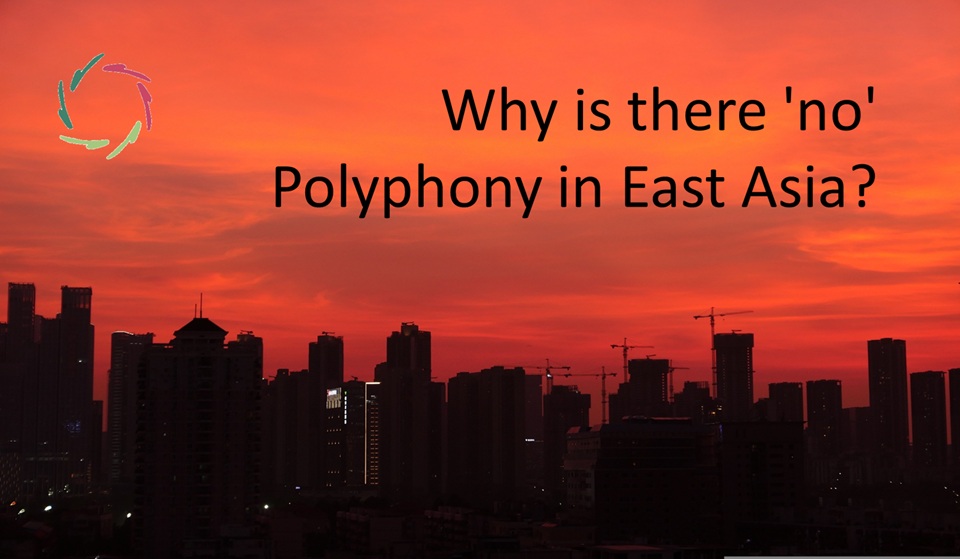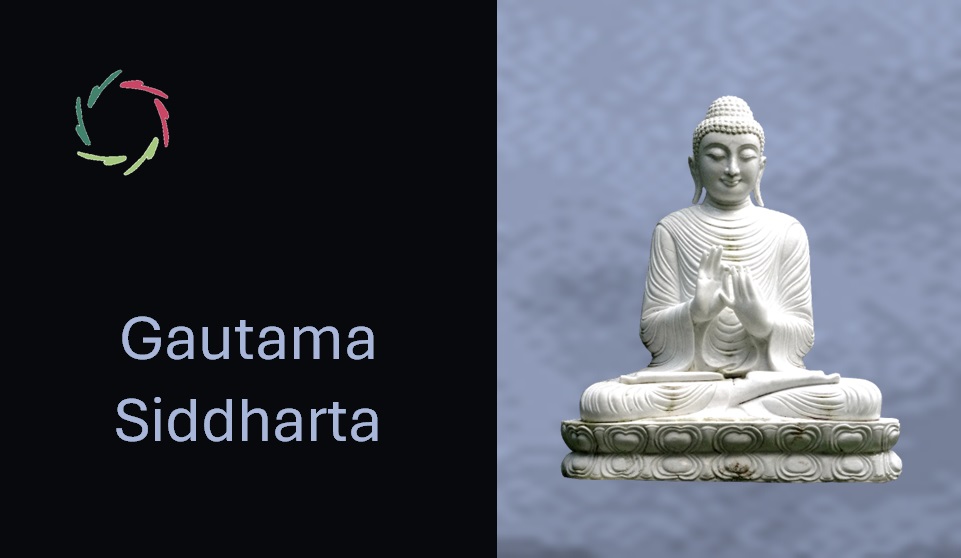Chi

Right to the core, the Chinese concept of Chi is most interesting as a specific cultural view of Compassion.
I write this text with all due respect for all Asian and non-Asian people who think highly of Chi ― as I do. Note also that, historically, there have been Chinese philosophers with quite distinct conceptualizations of Chi, of which this concerns only the one that is arguably most frequently adopted in the West. So, I start with a warning even about this one.
No conceptual – Western – concept of energy
Many people worldwide see Chi nowadays as something that can be controlled and directed towards specific conceptual gains ― something remotely like electricity. That was also how many – and many others not – comprehended it even in ancient China. Nevertheless, I see this as somewhat insulting to Chi and those who had/have a deeper insight.
Chi is unrelated to anything that can be stored in a battery or captured from the universe. It is therefore also unrelated to anything that can be directed energetically in this sense through unique routes in the human body.
All this prevents an understanding of Chi.
The real Chi
A better understanding has probably existed since the most ancient time humans thought about it. I join it with the metaphor of a lotus flower and, yes, flower power.
‘Vital life force’ may be a somewhat satisfactory Western translation, but even so, full of flaws.
In ancient China, it was seen as the universal force that keeps everything (the universe) together and going. In that sense, one might call it ‘entropy.’ To me, however, that is too impersonal to fit the depth of Chi. The intention was – is – to denote something that lies close to the human being. It may be entropy but, at the same time, also the force within life that uses entropy to run counter to entropy itself ― carving a space for life. Like you can use water to clean the dishes, but this doesn’t make ‘the universe’ any cleaner, only the dishes at the detriment of something else. Note that there is no magic in this dichotomy, only science.
‘Everything and nothing’ may be another somewhat satisfactory translation with everything in it ― and nothing.
This together sounds like what I tend to describe elsewhere as Inner Strength.
Chi and Compassion
Chi has roots in ancient Chinese healthcare and martial arts. This is not only about what happens within a person but also between persons: doctors, teachers, patients, and even adversaries in a fight.
[Yes, there is Compassion even in the last of this list, in several ways.]
This makes Chi more like a flow, not like streaming ‘energy’ – which could be captured – but like the streaming itself as a pattern that cannot be captured.
Compassion cannot be captured. It exists when it exists, and then it doesn’t. For instance, one should not attempt to ‘capture’ Guan-Shi-Yin, the Chinese Bodhisattva of Compassion.
Acupuncture?
Acupuncture concerns the flow of Chi from the universe to (or somehow influenced by) needles, into the human body. A 2021 article (Chinese authors) describes the influence of ‘non-specific factors’ in acupuncture. [*] I see empathy and placebo in these ― no graspable energy. Putting empathy first, in other texts, I go deep into the concept of empathy and toward Compassion. Here, we come to Chi again from a different perspective.
This way, I dare ask whether acupuncture transcends Inner Strength/Compassion, as I did in the medical journal ‘Fertility and Sterility.’ [**] Scientifically, I haven’t seen any convincing (to me) proof yet. Humanly, I don’t see the need because:
If Chi equals Compassion,
there are two options:
- One sees Chi as boiling down to ‘only Compassion’ ― kind of derogatorily.
- One sees it as Compassion ― the best of the best in the whole universe!
In the meeting of East and West through Compassion, I see the second option as one crucial entry to global healthcare, in which Chi, in healthcare and beyond, finds its rightful place.
Which is Compassion.
―
[*] Ho RS, Wong CH, Wu JC, Wong SY, Chung VC. Non-specific effects of acupuncture and sham acupuncture in clinical trials from the patient’s perspective: a systematic review of qualitative evidence. Acupunct Med. 2021 Feb;39(1):3-19. doi: 10.1177/0964528420920299. Epub 2020 May 6. PMID: 32375500.
(**) Mommaerts JL, Devroey D. Acupuncture for IVF: do not let needles stand in the way of empathy. Fertil Steril. 2012 May;97(5):e26. doi: 10.1016/j.fertnstert.2012.02.042. Epub 2012 Mar 23. PMID: 22445320.


